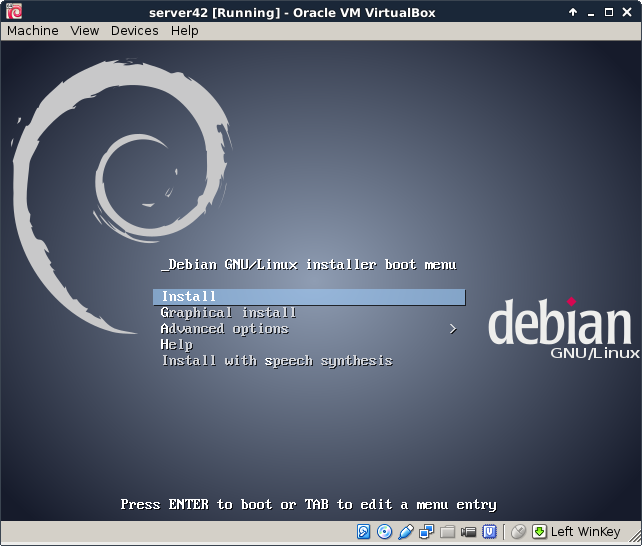
Use a package manager like Homebrew open in new window with the command brew install node.Download the latest version from the Node.js website open in new window, open the package installer, and follow the instructions.Download the latest version from the Node.js website open in new window, open the downloaded file, and follow the steps from the installer. On Windows, it's as simple as installing any other program. If it outputs v16.9.0 or higher, then you're good to go! Otherwise, continue reading. Step 5: Once installed, verify it by checking the installed version using the following command:įinally, you have successfully installed Node.js and NPM on your Ubuntu machine.To check if you already have Node installed on your machine (e.g., if you're using a VPS), run node -v in your terminal.Step 4: To Install Node.js and NPM to your Ubuntu machine, use the command given below:.Note: Here, we are installing node.js version 10, if you want to install version 11, you can replace setup_10.x with setup_11.x. Sudo apt-get install python-software-properties Step 2: Install Python software libraries using the following command:.Step 1: Open your terminal or press Ctrl + Alt + T and use the following commands to update and upgrade the package manager:.Follow the steps below to install the Node.js on your Ubuntu. Install Node.js using NodeSouce repository: The latest version of Node.js can be installed from NodeSource repository. Node and NPM will be successfully installed on your Ubuntu machine. ISRO CS Syllabus for Scientist/Engineer Exam.ISRO CS Original Papers and Official Keys.GATE CS Original Papers and Official Keys.DevOps Engineering - Planning to Production.Python Backend Development with Django(Live).

Android App Development with Kotlin(Live).




 0 kommentar(er)
0 kommentar(er)
